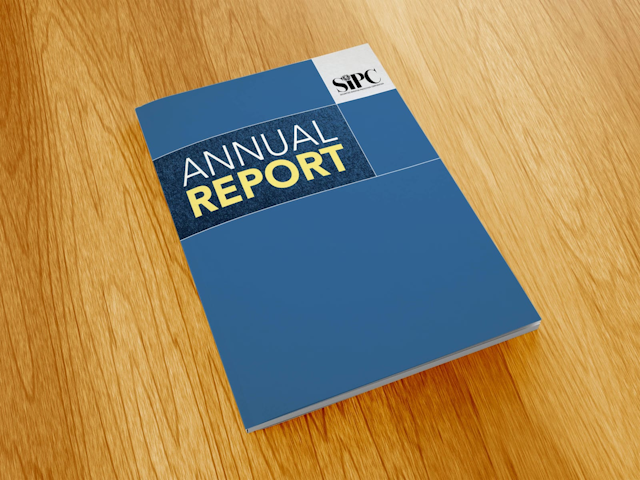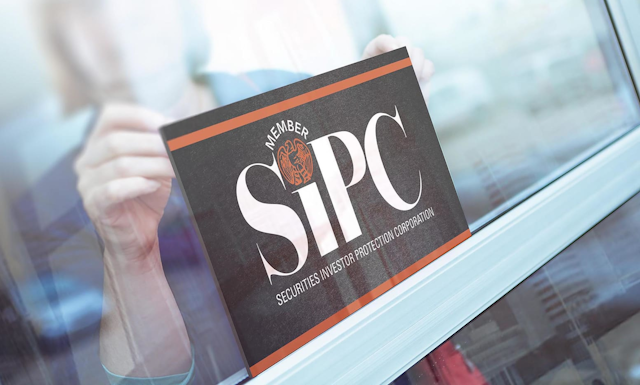SIPC was created under the Securities Investor Protection Act as a non-profit membership corporation. SIPC oversees the liquidation of member firms that close when the firm is bankrupt or in financial trouble, and customer assets are missing. In a liquidation under the Securities Investor Protection Act, SIPC and the court-appointed Trustee work to return customers’ securities and cash as quickly as possible. Within limits, SIPC expedites the return of missing customer property by protecting each customer up to $500,000 for securities and cash (including a $250,000 limit for cash only).
SIPC is an important part of the overall system of investor protection in the United States. While a number of federal and state securities agencies and self-regulatory organizations deal with cases of investment fraud, SIPC's focus is both different and narrow: restoring customer cash and securities left in the hands of bankrupt or otherwise financially troubled brokerage firms.
SIPC was not chartered by Congress to combat fraud. Although created under a federal law, SIPC is not an agency or establishment of the United States Government, and it has no authority to investigate or regulate its member broker-dealers. It is important to understand that SIPC is not the securities world equivalent of the Federal Deposit Insurance Corporation (FDIC), which insures depositors of insured banks.
































